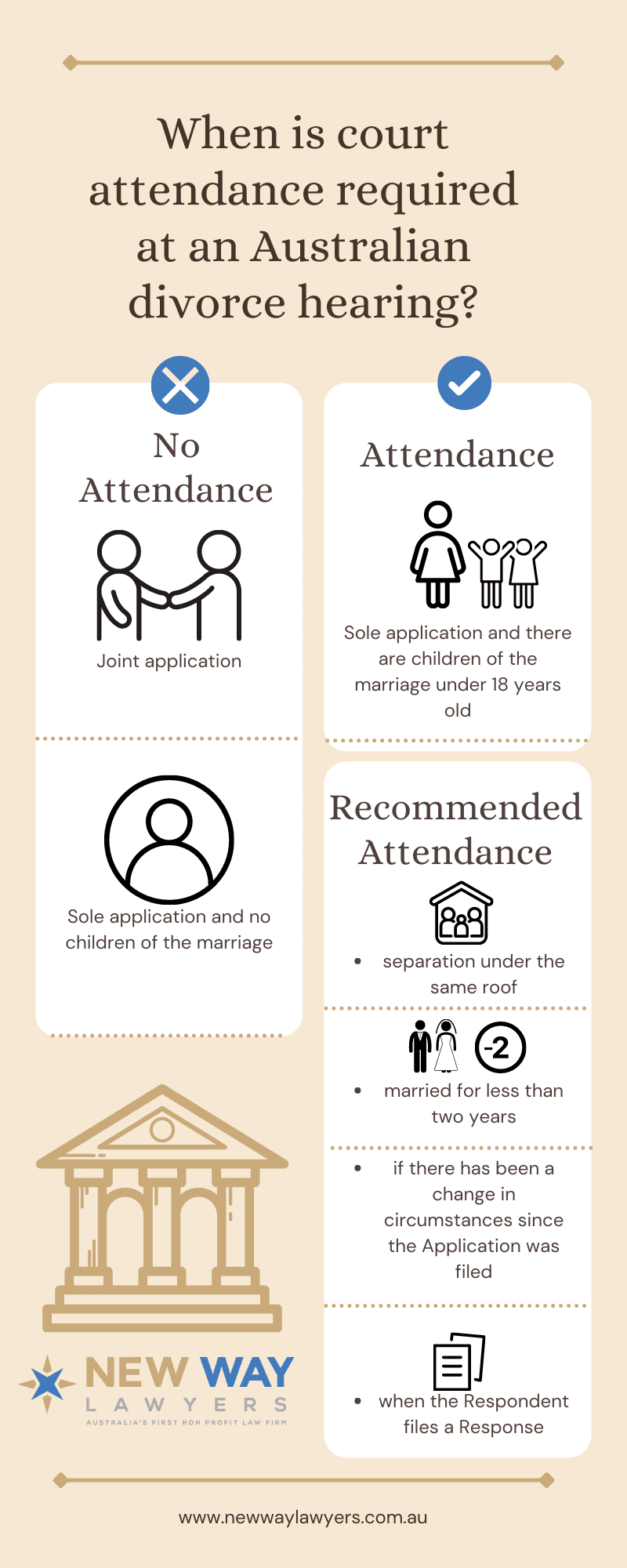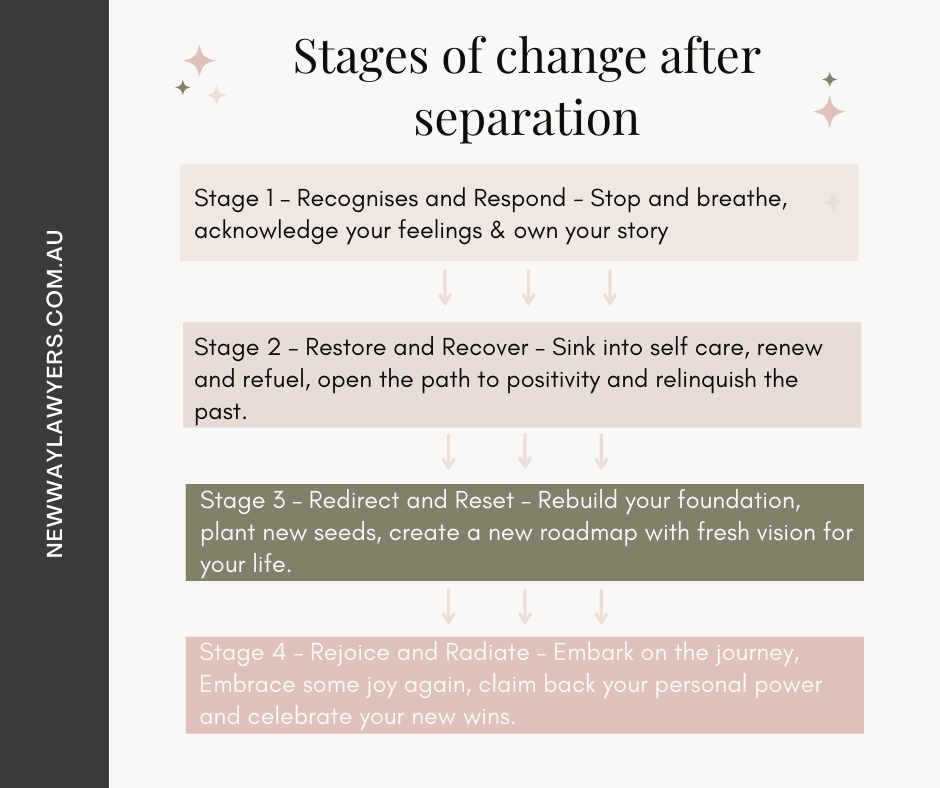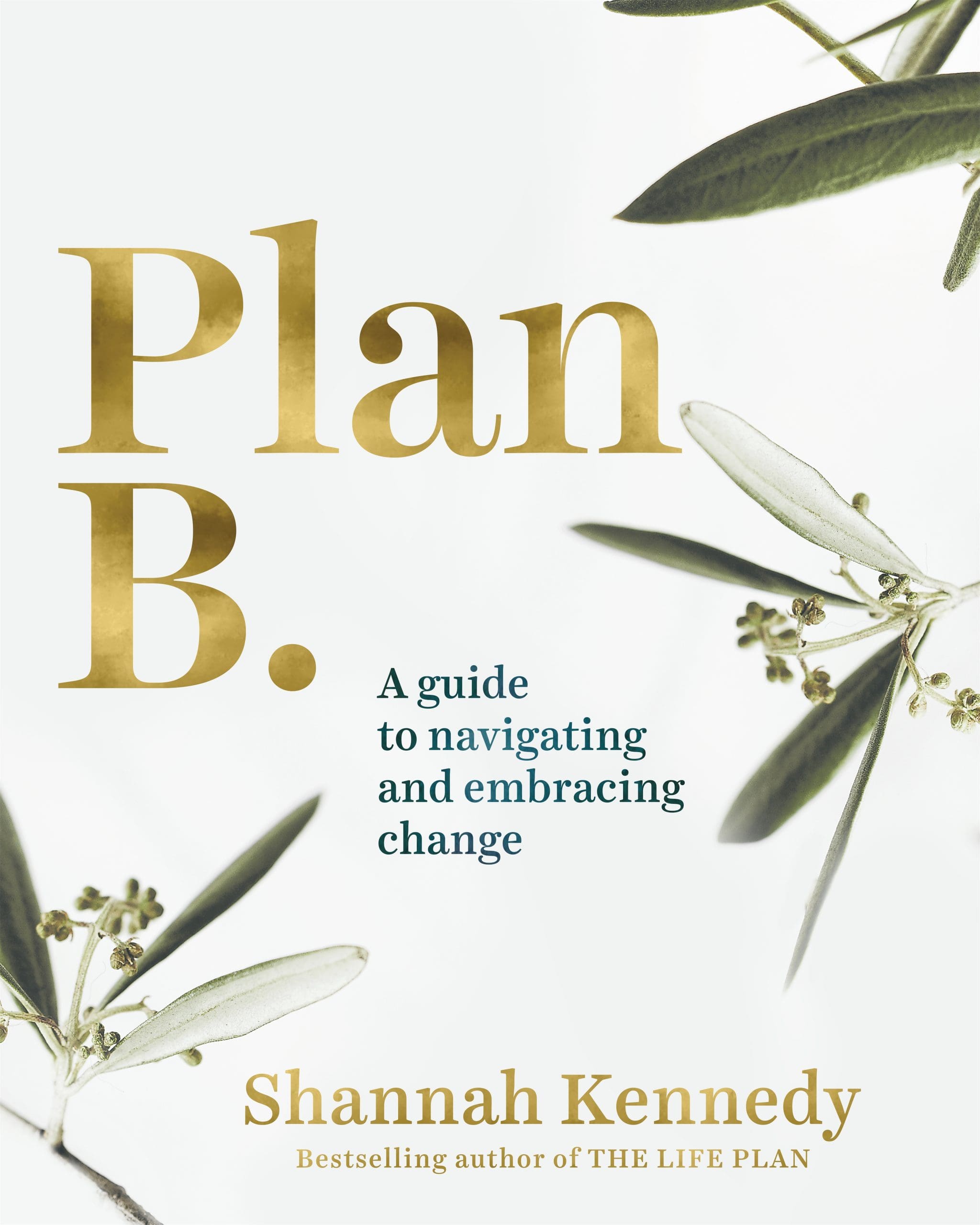-
Parenting Plans: What you need to know
March 28th, 2022 | by newwaylawyersAre you wondering what issues can be included in a parenting plan or how you and your ex-partner can create one? Maybe you’re wondering what a parenting plan actually is? Well, you have come to the right place as we are going to explain what a parenting plan is, what parenting issues can be included in your plan and how you can draft it.
What is a Parenting Plan?
A parenting plan is a written agreement, recognised under the Family Law Act, that sets out the parenting arrangements and responsibilities for one or more children. Both parents or guardians are to work out the arrangements and agree to the plan before dating and signing it.
How can separated parents or guardians create a parenting plan?
There is no specific or required format for a parenting plan. If you and the other parent or guardian are able to agree on the parenting arrangements and responsibilities for the child/ren, you can simply document your agreement and date and sign it.
Services are available to assist you and the other parent or guardian reach agreement through family dispute resolution (FDR). FDR is a process that brings two parties’ together to discuss issues in conflict. A mediator trained in family dispute resolution, works with both parties to reach agreements and work through conflict. Agreed outcomes can be documented into a parenting plan following FDR.
For information as to which services can provide FDR, visit: https://www.familyrelationships.gov.au/talk-someone/centres
Do I need a family lawyer to make a parenting plan?
There is no requirement for a family lawyer to be involved with the making of a parenting plan – parents and guardians can proceed with the assistance of a family lawyer. At any point during the process of arranging a parenting plan a parent or guardian can however engage a family lawyer for advice or assistance if questions or concerns arise.
What issues can be included in a parenting plan?
A parenting plan can include everything concerning the parenting arrangements and responsibilities for your child or children including;
- Allocation or parental responsibility
- Living arrangements and time arrangements for the children with each parent;
- Communication by way of telephone, face-time and/or online time with each parent when not in their care;
- Schools and/or Day care centre’s both parents or guardians agree their children will attend;
- Agreed parenting rules or strategies to be enforced in each house such as not playing video games after 8pm, not having a mobile phone until a certain age, not having ears pierced or hair dyed until both parents agree and so on.
- Financial support arrangements for the children
What should parents or guardians consider when making a parenting plan?
- Children’s best interests are to be prioritised when making long term decisions about the child/ren or day-to-day care and responsibility of the child/ren;
- Children’s wishes and views;
- The age, stage and development of the child/ren;
- Special needs of the child/ren including any medical, learning, developmental and/or psychological needs;
- Education and educational needs of the child/ren;
- Cultural needs of the child/ren;
- Safety needs of the child/ren;
- Practical planning considerations regarding the transport, living arrangements and expenses for the child/ren;
- Suggestions and recommendations from child development professionals;
- Financial responsibilities of each parent that are outside the scope of child support such as extra-curricular activities, additional uniforms and medical treatments involving out of pocket expenses such as dental, orthodontic and optical.
- Strategies for minimising and resolving conflict that may occur between the separated parents or guardians to the plan.
Is a Parenting Plan legally binding?
A parenting plan is not legally binding.
Can I make our Parenting Plan legally binding?
If you would like to make a parenting plan legally binding, you can apply for consent orders which means both parties agree and consent to parenting orders being made.
If you and the other parent or guardian do not agree and want to make an application for parenting orders to the Family Court and Federal Magistrates Court of Australia (FCFCOA), you need to attend Family Dispute Resolution (FDR) prior to making an application with the Court.
For more information on parenting orders and how to apply, visit: https://www.fcfcoa.gov.au/hdi/apply-parenting-orders
If you have further questions about a parenting plan one of our family lawyers would be more than happy to have a free 20 minute phone consultation with you. Simply fill in an online enquiry form and one of our family lawyers will arrange to give you a call.
-
The New Family Court & Federal Circuit Court (FCFCOA)
March 3rd, 2022 | by newwaylawyersYou may have heard about the merging of the Family Court and Federal Circuit Court of Australia (FCFCOA) on the first of September 2021, but many are wondering what this means for them as individuals utilising Family Court services.
Essentially the merging of the Courts means that there is now a streamlined single-entry point for Family Court proceedings, with a goal to making processes quicker and easier to navigate. With the merging of the Courts came the introduction of new rules that applied to all proceedings from the 1st of September 2021.
A National Assessment Team has been created to triage and assess matters and allocate them appropriately to any relevant specialist list for example the National Contravention List, the PPP500 List or the Evatt List.
Most useful to applicants, however, is the new Central Practice Direction that provides guidelines for the Court’s case management system. The Central Practice Direction aims to provide a consistent National approach to managing FCFCOA proceedings and ensure that unnecessary costs and delays are kept to a minimum. You can read the Central Practice Direction by going to https://www.fcfcoa.gov.au/fl/pd/fam-cpd

While Family Dispute Resolution (FDR) has been encouraged by the family law system over the past decade, the new FCFCOA emphasises FDR in its case management process. By encouraging FDR more strongly, it is hoped that parties’ identify and resolve issues in conflict independently and without the assistance of the Court. Prior to commencing proceedings in the FCFCOA, for example, parties must attend FDR for financial and/or parenting matters and make a genuine effort to resolve the issues in dispute unless it is unsafe for either party to attend FDR. Failure to attend FDR or genuinely take steps to resolve issues, can result in consequences such as orders for costs being made against a party.
If you have questions about FDR, go to www.familyrelationships.gov.au or www.fcfcoa.gov.au
If you have a question about your own situation, feel free to ask your question by joining our facebook group Lunch with a Lawyer or contacting us for a free 20 minute consultation.
-
How to get a Divorce in Australia
October 25th, 2021 | by newwaylawyersThe concept of ‘no-fault divorce’ in Australia
With the establishment of the Family Law Act 1975, the concept of no-fault divorce was introduced for the first time in Australia. It is no longer necessary to show wrongdoing on the part of one party to the marriage and the Court is no longer concerned with the reasons for the breakdown of a marriage. The only criteria necessary for a valid application for divorce is for parties to establish that there has been an irretrievable breakdown of marriage, evidenced by a twelve-month separation preceding the filing of an Application for Divorce.
Benefits of the no-fault divorce concept
This concept was introduced to reduce conflict and minimise hostility between the parties, to simplify the process and to make divorce more cost effective for parties’.
Fault elements such as domestic violence may still be important when it comes to parenting arrangements.
How to file an application for Divorce in Australia
Along with a whole host of changes arising from the COVID-19 pandemic, all applications for divorce can now only be filed electronically.
An application for divorce can be a sole application or a joint application.
Service of the Application for Divorce
In a sole application for divorce, the Applicant must serve the Respondent with the application for divorce and supporting documents. The Court must be satisfied that the Respondent is aware of the application and has had an opportunity to respond to the application. If the Respondent resides in Australia, the Respondent must be served all documents at least 28 days before the hearing day. If the respondent does not reside in Australia, the Respondent must be served the documents at least 42 days before the hearing.
Ground to oppose a Divorce
There are very limited grounds to oppose a divorce. Given that the basis for a divorce is the irretrievable breakdown of marriage, the only way to oppose an application for divorce is to establish that the marriage has not broken down. You must prove either that you have not yet been separated for twelve months or that there is a chance you will get back together.

Separation Under One Roof
If you have been separated but living under the same roof, which is often due to financial reasons, you will need to prove to the court that the separation is genuine and that it has been for at least 12 months. In this case, you will have to provide extra information to the Court as proof of the separation.
Children
If there are children of the marriage who are under the age of 18 years, the court will only make an order for divorce once satisfied that proper arrangements have been made for the care and welfare of the children. These arrangements do not have to be formalised pursuant to a parenting plan or parenting orders. The arrangements can be pursuant to an informal arrangement.

Attendance at Divorce Hearing
- For a joint application – attendance is not required;
- For a sole application if there are no children of the marriage – attendance is not required;
- For a sole application if there are children of the marriage under the ages of 18 years – attendance is required.
In the following circumstances, attendance is recommended:
- separation under the same roof
- married for less than two years, or
- if there has been a change in circumstances since the Application was filed
- when the Respondent files a Response
When will the divorce order take effect?
A divorce order becomes final and takes effect one month and one day after the date the Order is made.
-
Embracing and dealing with change after separation and divorce
August 12th, 2021 | by newwaylawyersWhat’s normal to feel during a significant life change like separation/divorce?
Separation or divorce can turn our life and often our long term dreams upside down. It is a pivot in our personal life, which is a fundamental change in our life strategy that can bring you to the depths of despair and loneliness. We can experience waves of emotions such as angry, sad, anxious, hurt, embarrassed, happy and relieved. It is a new world for many to feel or even face and deal with these emotions that they may have never felt before.
‘Change is hardest in the beginning, messy in the middle and best at the end ‘– Robin Sharma.
What are the stages of change that someone might experience?
Addressing the stages of change in a healthy way often looks like this:
1. Start where you are by expressing the event, feel the pain, name it, own it and understand and be gentle with your emotions.
2. Assess and take stock of where we are now at, and learn the stages of grief so you can feel supported as you understand that you will have to go through the stages, and then develop your immediate survival plan.
3. Change continues on as you start the healing journey and once ready, you are able to start and plant some new seeds as you find your new normal.
How do you navigate these stages of change in light of separation?
- Stage 1 – Recognises and Respond – Stop and breathe, acknowledge your feelings and fear, embrace grief and choose your story
- Stage 2 – Restore and Recover – Sink into self care, renew and refuel, open the path to positivity and relinquish the past – know that you have got this
- Stage 3 – Redirect and Reset – Rebuild your foundation, plant new seeds, create a new roadmap with fresh vision for your life and start being the change you wish to see
- Stage 4 – Rejoice and Radiate – Embark on the journey, Embrace some joy again, claim back your personal power and celebrate your new wins.

What journaling questions can help during this time?

Journaling brings you back to you to discover what is most important and to unpack the feelings you are experiencing.
- What are your fears?
- What are you looking forward to?
- What are you learning about yourself?
- What are you grateful for today?
- What are you most proud of?
- Where do you see opportunities for improvement in your life?
- Write down one regret and lesson learnt for yourself?
- What do you need now to be content?
- What can you change right now that you are in control of?
- What affirmation will support me most right now?
- Write down 3 ways you are going to take care of yourself?
Is it possible to come out of a situation feeling 100% at peace?
Yes it is. The most important relationship we have in the world is the one we have with ourselves. Loving ourselves, treating ourself like we would a best friend as happiness is an inside job.
You can read more about getting your mental health back on track after separation here.
About the author

Shannah Kennedy is an advanced certified coach and NLP practitioner and author of the newly released book ‘Plan B’. It’s an honour to have Shannah share with us her tips for navigating change because we are well aware of how life changing separation is. We hope this insight helps guide you to a healthy way to navigate your separation journey as you look to your future life, filled with hope.

A compassionate and caring approach to family law
Our client care program looks to equip clients with similar information and support throughout separation and difficult family matters.
If this compassionate and supportive approach to separation and divorce is of interest to you as you navigate the legal system, please do not hesitate to reach out to our team of experienced lawyers for a free 20 minute consultation with a family lawyer.










